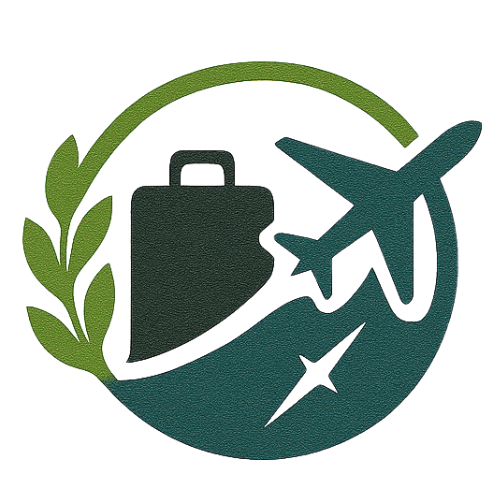
Breaking the Cycle of Weekend Exhaustion
Many of us know the feeling all too well: the work week drags on, and when Friday finally rolls around, excitement peaks. Weekend plans take shape, driven by the pressure to make the most of our time off. Yet, all too often, this lead-up culminates in frenzied schedules and experiences that leave us depleted. The expectation to enjoy every moment can rob us of the joy in choosing how we want to spend our leisure time.
In 'How to Stop Spending Your Life and Live It,' we explore the pressures of weekend activities and how they can impact our well-being.
Are We Really Living for the Weekend?
The episode “How to Stop Spending Your Life and Live It,” from the Sunday Scaries series, aptly highlights a common pattern many fall into: a repetitive chase for enjoyment that more often than not leads to exhaustion and regret. If every weekend feels like a blur filled with rushed activities, are we really seizing the moment, or merely following a beaten path dictated by others?
The Shift Towards Mindful Planning
Practicing mindfulness can be a game changer in this scenario. Instead of mindlessly accepting every invitation or succumbing to the urge to fit in, creating space for reflection allows us to evaluate what we truly want. The episode's use of a STOP mindfulness technique offers an excellent tool for cultivating this awareness:
- Stop: Pause wherever you are, and take a moment to check in with your emotions and body sensations.
- Take a deep breath: Allow three full breaths, inhaling through the nose and exhaling through the mouth.
- Observe: Tune into your feelings without judgment. Identify what excites you or leaves you anxious.
- Proceed: Move forward with clarity in your decisions on how to spend your time.
Applying this technique allows for greater freedom in our decisions—embracing the activities that nourish us while letting go of those that drain our energy.
FOMO: A Modern-Day Plague
The fear of missing out (FOMO) can cloud our judgment and heavily influence our activities. Without self-awareness, we often find ourselves caught in a frenzy to fill our weekends with social obligations rather than personal enrichment. This can lead to feeling overwhelmed. Acknowledging FOMO's impact and practicing mindfulness can restore our weekends to spaces of rejuvenation. Learning to say no gracefully can empower us.
Transforming Your Weekends
Transforming weekends into times of joy and personal fulfillment begins with clear intentions. Rather than viewing weekends as mere transitions between work weeks, let’s consider them an opportunity to recharge and engage in activities that spark joy. Whether it’s immersing oneself in nature, spending quality time with loved ones, or indulging in hobbies, the possibilities are endless when guided by personal preferences instead of others' expectations.
The Importance of Self-Care
Taking stock of how weekends are spent also opens a space for self-care. Practices like meditation and mindful reflection can improve your overall well-being and enhance your ability to connect with what makes you feel alive. After all, weekends should be cherished moments aimed at restoring energy, creativity, and mental clarity.
Your Invitation to Mindfulness
Think back to the last time you felt a weekend was worthwhile. Reflect on your activities—did they nourish your spirit, or were they obligations? As we move towards the next weekend, consider using the STOP technique to check in with yourself. Embrace the power of choice and design your weekends in a way that aligns with your needs. Making this commitment allows you to break the cycle of exhaustion and embrace a life that's lived fully, not just counted down.
Join us next week for part two of this series, where we delve into how to bounce back after weekends that feel overwhelming—because recovery is crucial, too. The journey towards a fulfilling weekend is one that takes practice and intention, but with each step, you'll cultivate a life rooted in joy.
 Add Row
Add Row  Add
Add 




Write A Comment